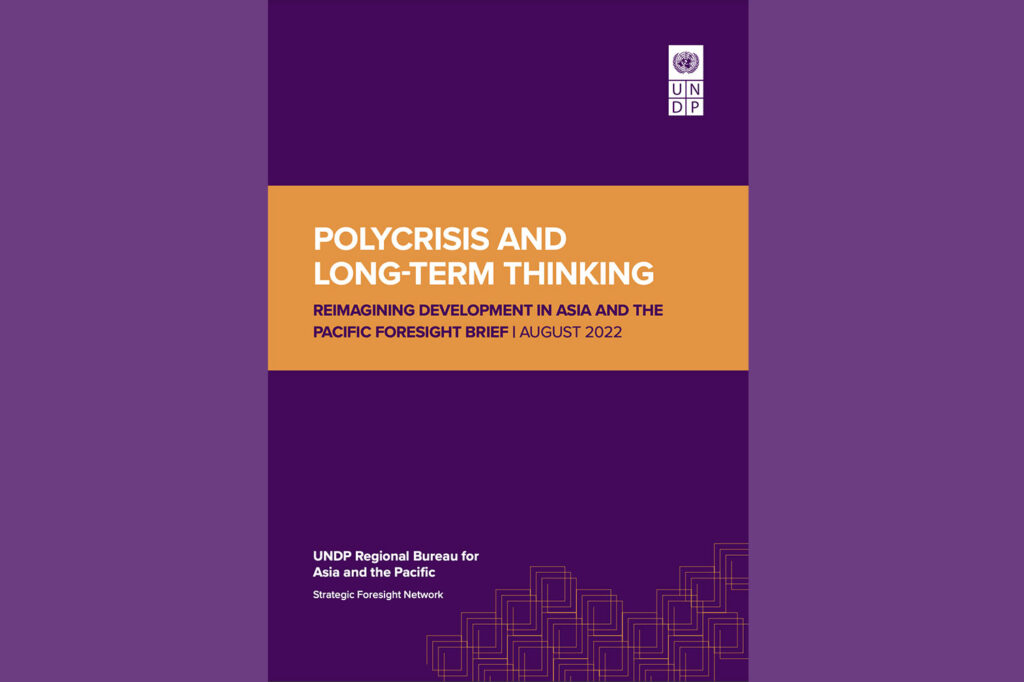How to Think about Policy in a Polycrisis
Wolf argues that we cannot think about and address the many problems facing the world separately from one another. “The alternative of thinking about the interactions among [macroeconomics, finance, politics, social change, disease, and the environment] is also too hard. But sometimes, as now, it becomes inescapable… The point is that we need to analyse […]
How to Think about Policy in a Polycrisis Read More »








